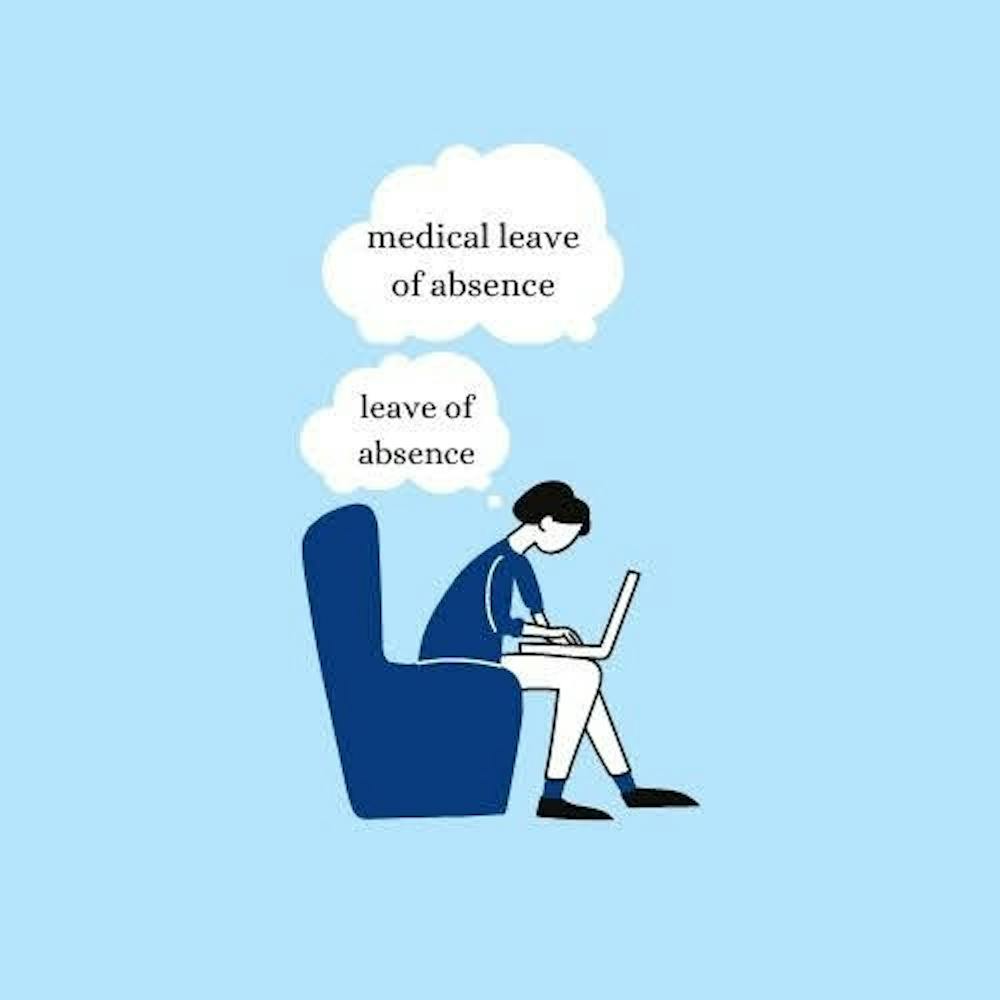If for whatever reason, attending school is not a viable option at the moment, you may consider taking a gap year or leave of absence. This page covers the basics of what a gap year and/or leave of absence are. Please read more below.
Gap Year vs Leave of Absence 
A gap year is defined as taking a break before starting college, whereas a leave of absence is taking a break already in the middle of your college career. If you are an incoming freshman, you will consider taking a gap year. If you are an upperclassman, you will consider taking a leave of absence.
Gap Year Overview
If you are an incoming freshman but may need to take a break before starting college, you may consider a gap year.
To start off, consider whether or not you have been admitted into a college yet. If you have not been admitted into a college, you will have to go through the entire application process as a freshman for whatever you’d like to start school.
If you have been admitted into a college, you may be able to defer your acceptance for a later term; this means you can start school later than originally applied to. Be aware that not all colleges (especially larger or more competitive schools) offer the option to defer. If they do not offer a deferment process, you will need to completely reapply or choose to go to a school with deferment. Note that because community colleges have open-enrollment policies, you can more flexibly choose your starting term. CSU and UC schools vary internally on deferment; please check your deferment options with your prospective school’s Admissions or Registrar office.
It is highly recommended that you secure your plans before taking your break. Make sure you know that you’ll come back to school or else you risk putting school off for longer than intended. Again, we at Let’s Go to College CA strongly encourage you stay in school, even if only for a class or two.
Gap Year Pros and Cons
Pros
- You get a break from the stress of school
- You can explore passion and interests

Cons
- You will have trouble finding a meaningful and well-paying job
- You will not receive school financial aid while you are out of school
- It can be very difficult to return to school
Having extra time off may give you the ability to work, but you will be missing out on any potential financial aid (grants, scholarships, subsidized loans, etc) that you get as a student. This also forces you to examine your financial situation: can you live with your parents? What bills will you be acquiring? Will you find a well-paying job?
Colleges usually ask for a valid reason to defer your acceptance, they may ask what your intermediate plan is, requiring you to plan ahead. You may be able to take the time to work in a field you’re interested in to hone in and your passions! That said, consider whether you trust yourself to continue your academic momentum. When you come back to school, you may no longer want to be in an educational setting.
Very important: If you are transferring from a 2-year college to a 4-year college you cannot take a gap year because you will lose state financial aid. If you applied and got accepted you need to make sure that you enroll in the term you were accepted or else you jeopardize your complete financial aid package.
Leave of Absence Overview
If you are already in college but need a break, you may consider taking a leave of absence. Simply put, you tell your college that you will not be attending for a certain amount a time– ranging anywhere from a term (semester or quarter), all the way to a year. Please note that Let’s Go to College CA strongly encourages you to stay in school, even if part-time; our economic situation will make it difficult to find employment and you risk losing your academic momentum.
Depending on your college, you may be required to provide a reason for your leave. Because of community colleges open-enrollment policies, however, you will have more flexibility as a student there. At a CSU and UC, the leave of absence process may be a little more lengthy. Please check your Leave options with your respective school’s Registrar office.
Leave of Absence Pros and Cons
Pros
- You get a break from the stress of school
- You can explore passion and interests
- You have a guaranteed position when you get back to school
- You can define how long you want your break to be
Cons
- You will have trouble finding a meaningful and well-paying job
- You will not receive school financial aid
- You might not want to return to school
Nevertheless, there are a few things to expect from all college systems (CC, CSU, UC). If you are a recipient of financial aid, you will be expected to return the money you would’ve used during your time at school. If the financial aid has not been disbursed, you simply will not receive it during the time that you’re out of school.
This urges you to plan for your financial security. You should guarantee you can afford your costs. On top of that, you must have a secure place to live. Similar to deferment, you must also know yourself well enough to believe you will not lose your academic momentum. After you’re out of school, can you guarantee you will want to return? Your time off can be used for a paid internship or a job in an interesting sector that will more clearly define your future aspirations.
If you need additional support returning back to college after taking a gap year, please fill out out Interest Form to meet with a Comeback Navigator who will assist you in your transition.










